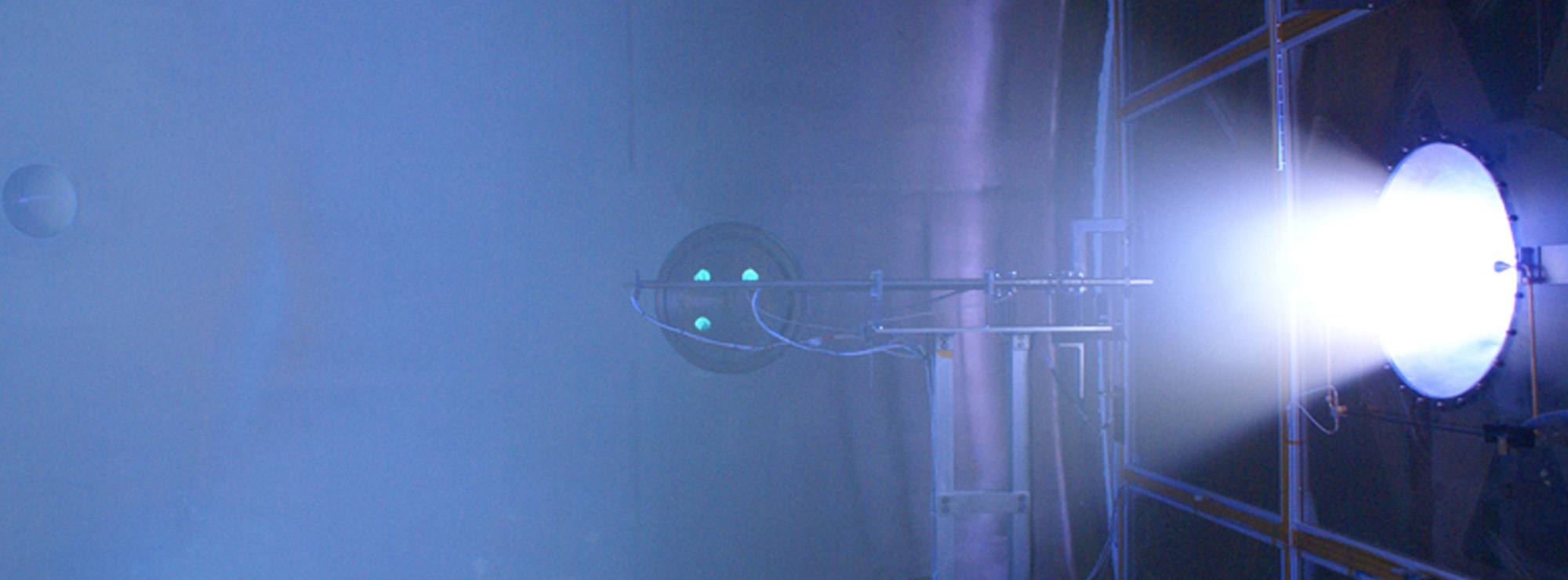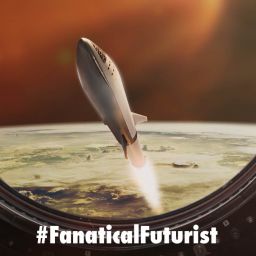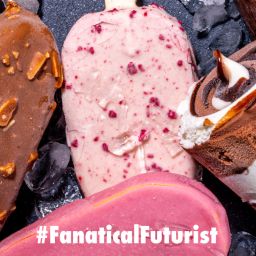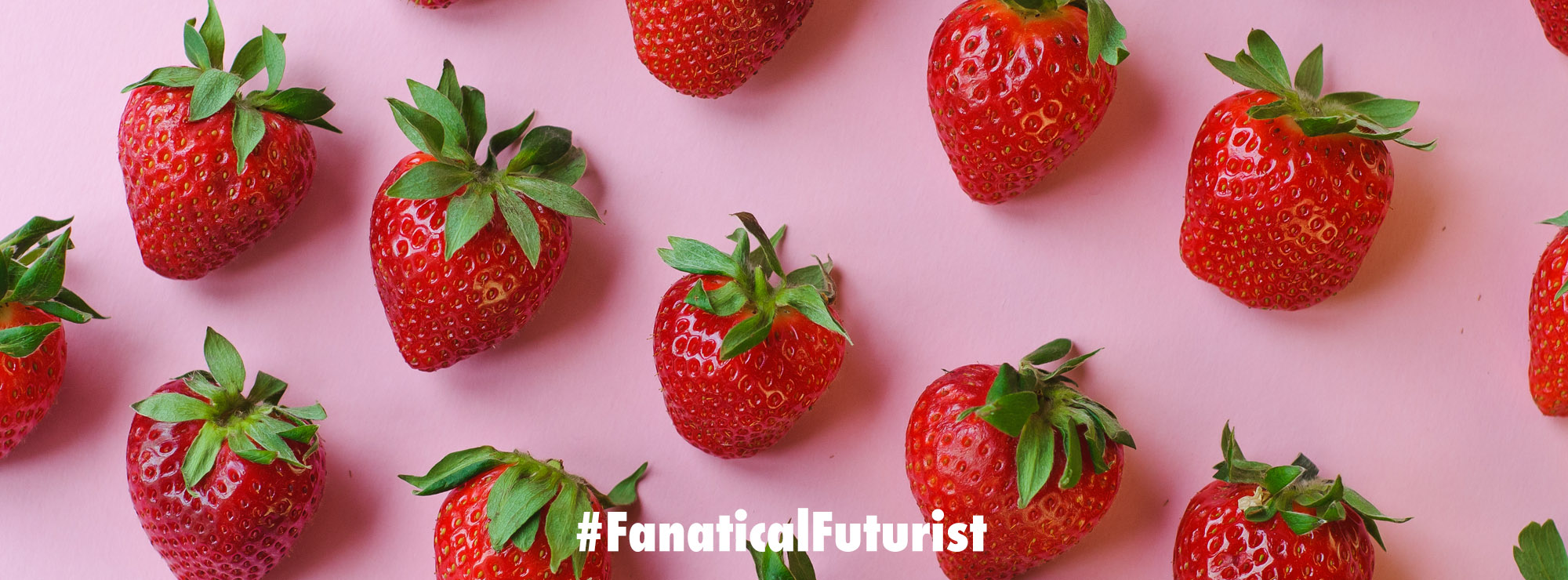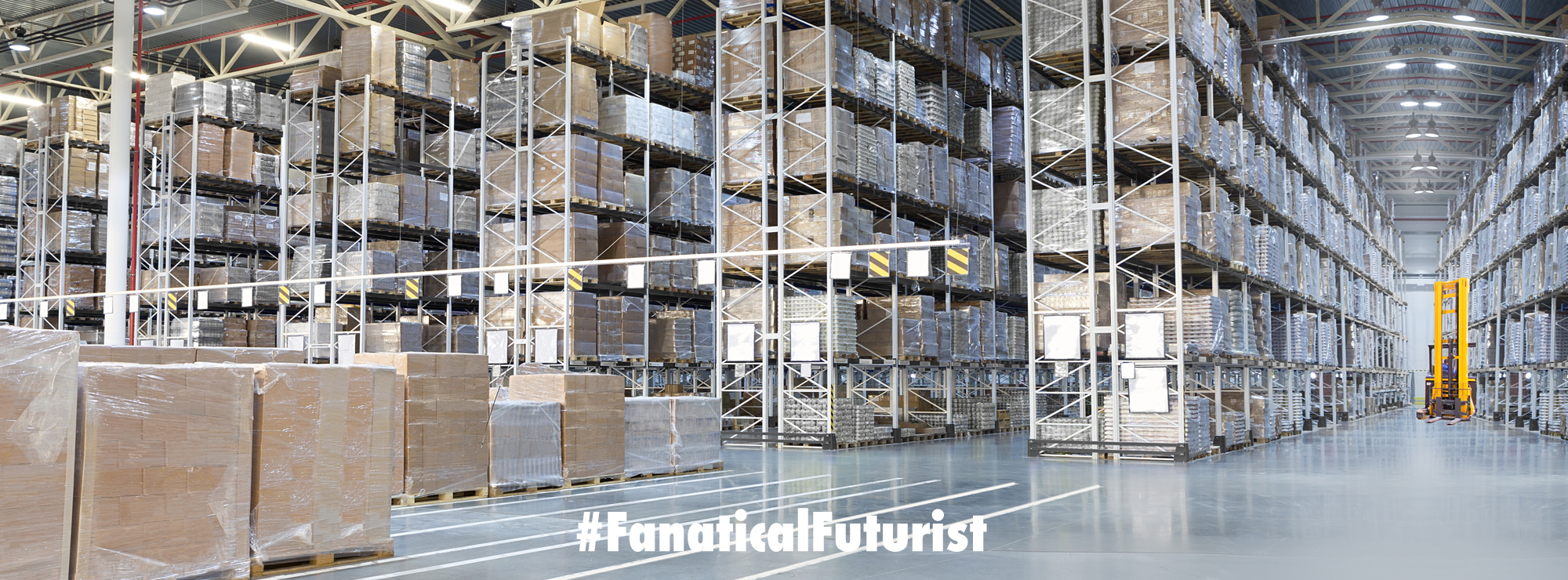
WHY THIS MATTERS IN BRIEF
As we find new ways to produce food coffee isn’t immune, and now a company has found a way to make great tasting coffee but without using beans.
Food production is going through a revolution. Take the animal out of meat, and you’ve got beef, chicken, duck, turkey and prime fillet steak that’s grown from animal stem cells in Bioreactors rather than taken from the slaughter house, a phenomenon that’s aptly called Clean Meat, and one that China, among others, just spent $300million on. Combine genetic engineering and bioreactors and you can produce dairy, milk and whey products without the cow. And grow crops in a building, or a vertical farm, using autonomous robots rather than a field and you can produce eight times the yield with 99 percent less water and no herbicides or pesticides. Now though researchers have applied this same revolutionary thoughts to creating coffee… without the bean.
Seattle-based startup Atomo Coffee has developed what they’re calling the world’s first “Molecular coffee” that promises to make a better cup without needing to harvest a single coffee bean, and the company is also touting it as a way to ditch the cream or sugar, since their product is engineered from the ground up to deliver the desirable flavors and aromas of a great cup of coffee.
Atomo CEO Andy Kleitsch and microbiologist Jarret Stopforth are the faces behind Atomo. They believe they’ve identified the 40 or so compounds found in the proteins and oils of coffee that represent the body, mouth feel, aroma, and colour of coffee, and built a product made out of naturally derived sustainable ingredients.
The result is “the smoothest coffee you’ve ever had – with a caffeine kick you’d expect.” The product itself is not a powder you dissolve in hot water though, the team ironically decided to replicate the traditional coffee making ritual by creating grounds instead.
Atomo says the grounds are made of “upcycled plant-based materials,” but unfortunately the company is incredibly vague about what that actually means.
“At this time we’re not disclosing our ingredients,” reads a the FAQ in the company’s press kit. But while this lack of information will obviously detere many people from using their product we also can’t loose sight of the fact that there are several good reasons why we shouldn’t over-rely on growing coffee.
For a start coffee growers are increasingly feeling the negative effects of climate change and deforestation. A 2019 study found that 60 percent of wild coffee species are under threat of extinction. And then there are the labor issues plaguing the coffee industry. Even the biggest coffee companies themselves, including Nestlé, are starting to admit the risk of slave labor being used on coffee plantations around the world.
Then there’s also cost. The steep price of a high-grade, locally roasted bag of coffee beans can be inhibiting to some buyers. Atomo’s offerings, on the other hand bring the cost of a good cup of coffee down to just under 40 cents a cup.
But all that said are we really ready to say goodbye to the coffee bean? Atomo, for one, is convinced we are, me on the other hand not so much, not yet atleast, but as the product improves and as we learn more about their manufacturing process who knows, maybe one day in the future we might all be enjoying a molecular coffee somewhere.



